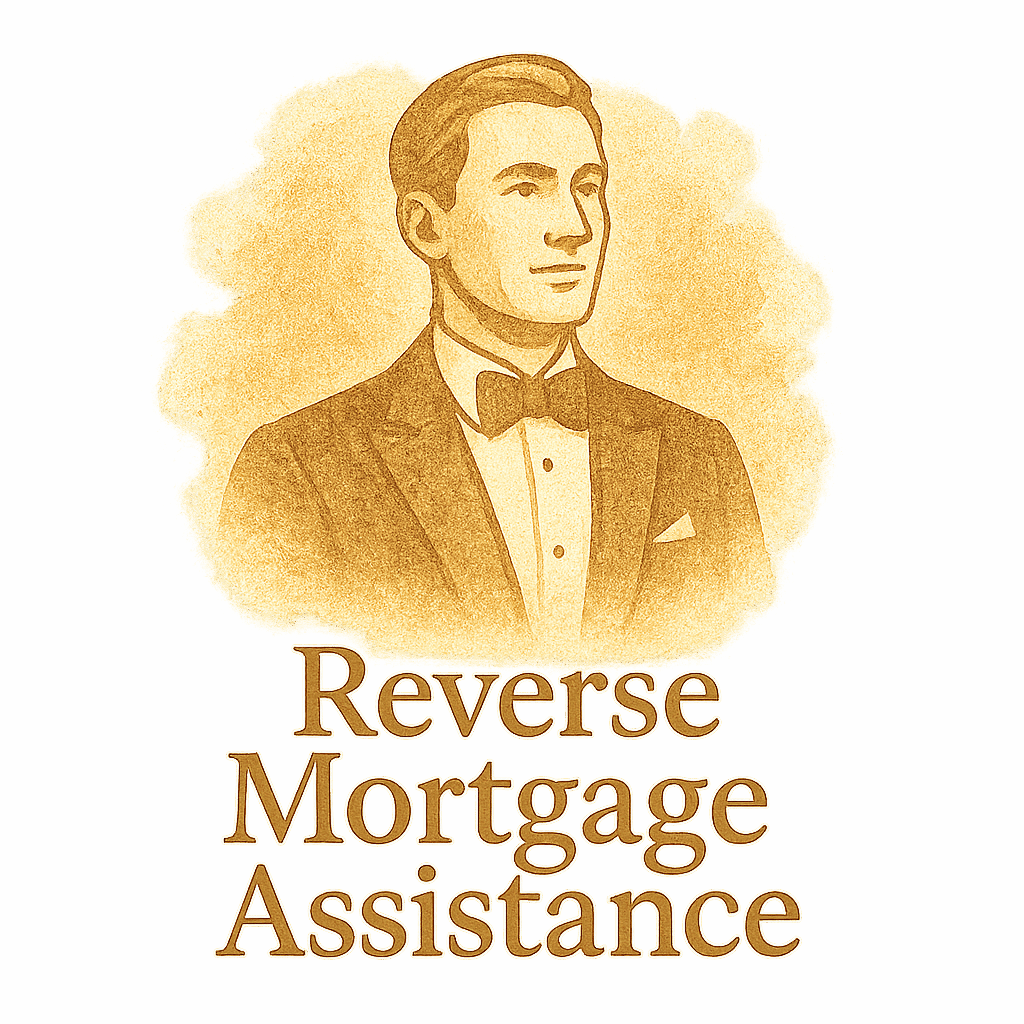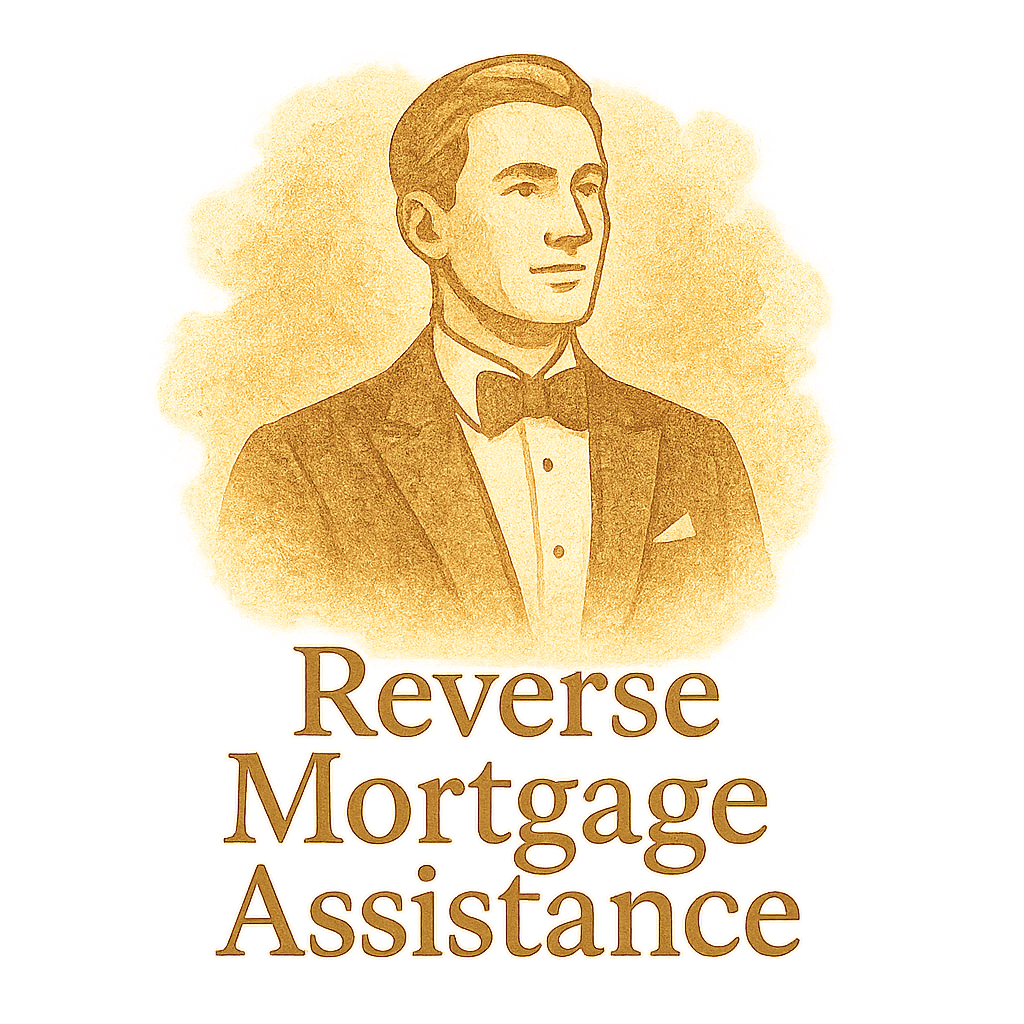Choosing a mortgage might seem like a simple checkbox on your home-buying journey, but make no mistake—choosing the wrong type of mortgage can cost you thousands of dollars and years of stress. Let’s walk through eight of the most common pitfalls and show you how to dodge them like a pro.
Why Your Mortgage Choice Matters
Understanding the Impact of a Poor Mortgage Decision
Think of a mortgage like a long road trip. If you take the wrong route, you won’t just be late—you could end up in a totally different place. That’s how choosing the wrong type of mortgage works. It doesn’t just affect your monthly payments. It touches your retirement, your home equity, and even your financial freedom.
Pitfall #1: Paying More Than You Should
Interest Rates Can Sneak Up on You
Adjustable-rate mortgages might look attractive at first. Low introductory rates seem great—until they reset and your payment balloons. Many homeowners fall for this, not realizing the long-term costs.
Hidden Costs and Fees That Add Up
Application fees, insurance premiums, appraisal charges—these can stack up faster than credit card points. When you’re not paying attention, a “good deal” can become a money pit. Avoiding this means understanding the mortgage basics and asking the right questions upfront.
Pitfall #2: Trapped in a Long-Term Commitment
Lack of Flexibility in Terms
Mortgages that don’t offer flexibility can lock you in when life changes. What if you need to move? Refinance? Take out equity? Without flexibility, you’re stuck.
Early Repayment Penalties
Ever thought paying off your loan early would be a good thing? Some lenders think otherwise and penalize you for it. Always read the fine print and explore resources like legal terms before signing anything.
Pitfall #3: Ignoring Future Financial Goals
How Poor Mortgage Planning Derails Retirement
If you’re nearing retirement and haven’t planned your mortgage around it, you could be setting yourself up for trouble. A mortgage that doesn’t align with your retirement strategy could drain your savings faster than you expect.
Consider exploring reverse mortgage options, especially if you’re a senior looking to unlock home equity without monthly payments.
The Equity Blind Spot
Equity isn’t just a buzzword—it’s your ownership stake. Poor mortgage choices can keep you from building equity quickly. For better insights, check out articles tagged with equity.

Pitfall #4: Not Comparing Loan Options Properly
Fixed vs Adjustable: A Critical Choice
One of the biggest mistakes is jumping into the first loan you’re offered. Fixed-rate gives you stability, while adjustable-rate might offer lower costs now but could risk your budget later.
Skipping Reverse Mortgage Comparisons
If you’re eligible, failing to compare reverse mortgages with traditional loans is a big miss. Visit the loan comparison section for real-world examples.
Pitfall #5: Misunderstanding Mortgage Contracts
Legal Jargon That Confuses Homebuyers
Mortgage contracts can read like a different language. But misunderstanding them is like signing up for a gym with hidden fees and surprise classes you didn’t ask for.
Overlooking Key Clauses in Contracts
Clauses about payment adjustments, insurance requirements, or property conditions can make or break your financial planning. Explore the contracts tag to familiarize yourself with what to look out for.
Pitfall #6: Believing in Mortgage Myths
Popular Mortgage Myths That Mislead You
No, you don’t always need a 20% down payment. And no, fixed-rate isn’t always better. These myths can seriously steer you off track.
Where to Learn the Truth
For myth-busting facts, check out the dedicated page on mortgage myths and truths. It’s a lifesaver.
Pitfall #7: Disregarding Legal and Regulatory Factors
How Legal Oversights Lead to Financial Issues
Not knowing your rights—or your lender’s limitations—can put you at risk. Regulatory issues affect everything from interest rates to foreclosure.
Staying Informed with the Right Resources
Bookmark the legal & regulatory hub to stay up-to-date on changes that could affect your mortgage and financial standing.
Pitfall #8: Forgetting Mortgage Planning Strategies
Why Planning Is More Than Just Picking a Loan
Planning your mortgage isn’t just about getting approved. It’s about aligning your choice with life goals—retirement, business investments, or family security. Dive into mortgage planning to build a roadmap that works for you.
Case Studies That Show the Value of Preparation
Don’t just take advice—look at real-life mortgage case studies. These show how smart planning (or lack thereof) changes outcomes for actual people.
How to Avoid These Pitfalls
Expert Tips for Choosing the Right Mortgage Type
- Don’t just pick based on monthly payments—look at the full loan term.
- Always compare at least three loan offers.
- Understand your loan comparison factors.
Key Tools and Resources for Smarter Choices
Visit the Reverse Mortgage Assistance homepage to find educational tools, calculators, and expert consultations.
Also, don’t forget to explore categories like:
Conclusion: Make Your Mortgage Work for You
Mortgages aren’t one-size-fits-all. Making a smart, informed choice can mean the difference between financial peace and years of stress. Avoid these 8 pitfalls, do your research, and always think ahead.
Your mortgage should work for you—not the other way around.
Frequently Asked Questions
1. What happens if I choose the wrong type of mortgage?
You could face higher interest payments, longer debt terms, and reduced equity growth. It could also impact your retirement and long-term goals.
2. How can I compare different mortgage options?
Start with the loan comparison tools and talk to a certified advisor.
3. Are reverse mortgages a good option for seniors?
Yes, especially if you’re looking to tap into home equity without monthly payments. Explore the reverse mortgage basics.
4. What are some common mortgage myths?
That you always need 20% down, or that adjustable rates are always bad. Check the mortgage myths section for more.
5. Can mortgage terms be renegotiated later?
Yes, through refinancing. But terms and penalties can apply, so always read the contracts.
6. How do I plan my mortgage for retirement?
Start with mortgage planning and align with long-term financial goals.
7. What tools help prepare for mortgage decisions?
Explore the full resources at Reverse Mortgage Assistance for everything from checklists to legal advice.


